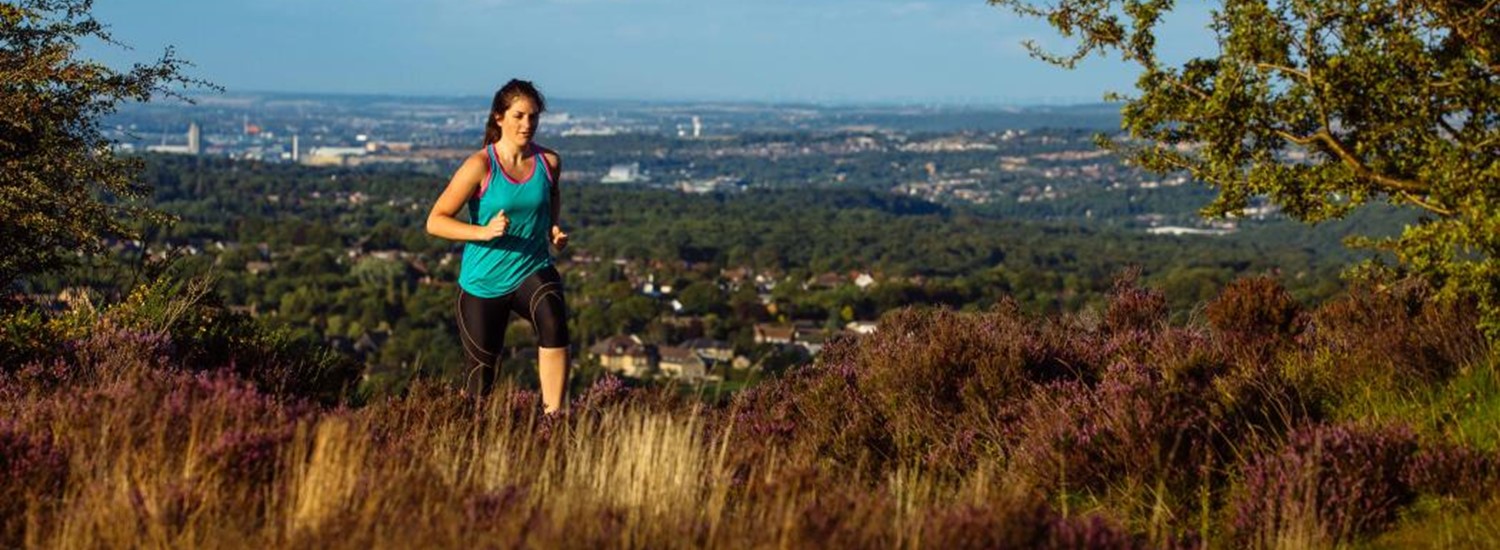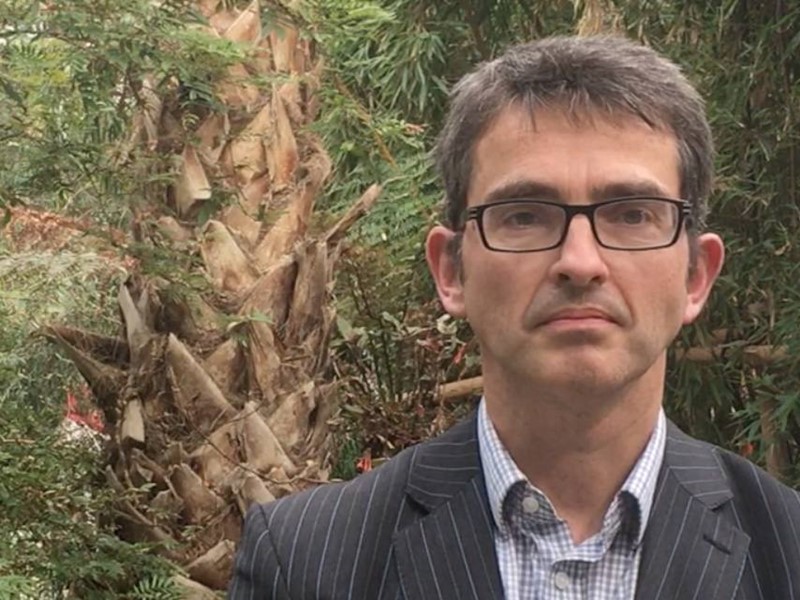Sheffield is committed to reducing and eliminating health inequalities in the ci ...
Joint Health and Wellbeing Strategy 2019-2024

Covid-19 has had, and continues to have, a major impact on every community in Sheffield. So far, we have had more than 30,000 suspected cases in our city, with more than 2,000 confirmed. Sadly, 304 people have died: each of these represents a tragedy. Many of those who survive the illness will deal with poor health for some time afterwards. The future for many has never been more uncertain.
Events of the past few months have meant that much has changed, and the challenges facing us are more stark than those we were facing in February. In this context, Sheffield’s Joint Health & Wellbeing Board came together at the end of April to consider whether its approach, as set out in the Joint Health & Wellbeing Strategy 2019-24, is still the right one.
Covid-19 has made it clearer than ever how important inequalities are to health. Whichever way the data is examined, the pandemic has had an unequal impact on people in our city. Incidents of Covid-19 increases in line with deprivation, with the most deprived dying from the disease at double the rate of the most affluent. We have also seen national attention on the impact on BAME groups, who have been disproportionately affected by the pandemic. Our focus on inequalities must remain sharp.
Beyond this, the nine ambitions our Strategy sets out for Sheffield remain the foundations to support a healthy life, and the pandemic has only made the inequalities in these more obvious. Our response to Covid-19 will need to address all of them. As a result we remain firmly committed to our Strategy.
The current crisis will make delivering our ambitions harder, whether that results from the temporary closure of early years settings, the predicted rise in unemployment, or the consequence of social isolation. The potential impact of the pandemic and the associated response on mental health has been well discussed. Our plans for how we achieve our ambitions will have to change in response.
There are also opportunities: business as usual is no longer an option in any area, with space for radical thinking around all our ambitions. Some of these conversations have started already, and the Board is committed to being an active and strong participant in those. In other areas, the Board will lead discussions, as the strategic leadership group for health and wellbeing in Sheffield.
We have seen positive developments too in the city’s response. We have been heartened by the way so many organisations, large and small, citywide and local, have worked together to support the most vulnerable. We must maintain these so they become a normal part of the way we do business in Sheffield.
We want to learn the lessons of this crisis, deal with the challenges, and keep the positives. We are committed to involving the people of Sheffield in this: inequalities impact on different people in different ways, and our response must be tailored to take account of this. It will only be so if we listen to and involve people: this is the only way that transformative change will stick.
This means we need to work in partnership, where partnership working features as an ongoing process of development. We aim to kickstart this with our meeting in May, beginning the process of capturing positive developments and critical lessons for the future, building a clear view of the way we work going forward, and making our contribution to Sheffield’s recovery.
Joint Health Wellbeing Strategy 2019-24



